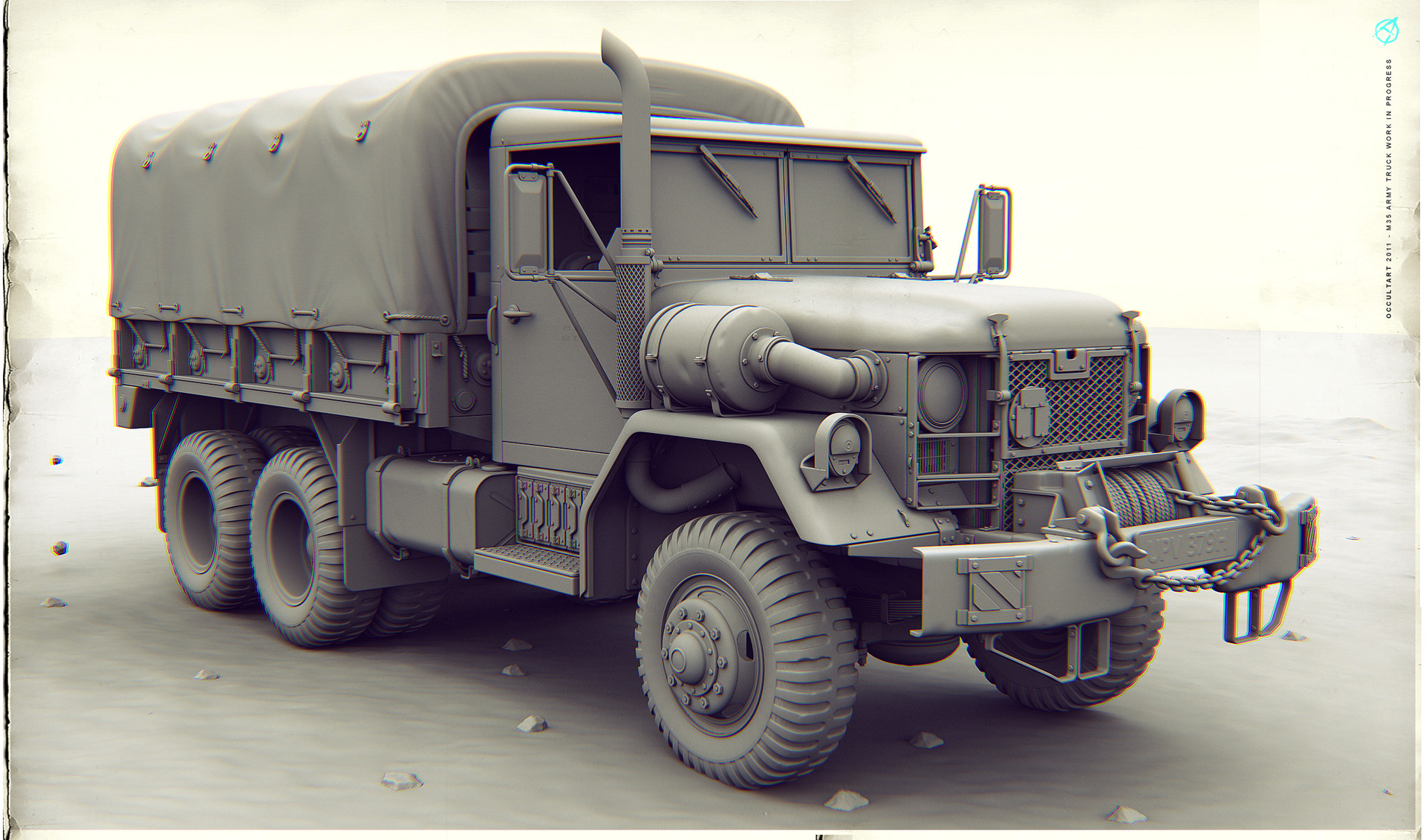Introduction:
Work truck trailer winches play a vital role in the transportation industry, providing a reliable and efficient solution for loading and unloading heavy cargo onto trailers. These powerful mechanical devices are designed to withstand the demanding conditions of heavy-duty hauling, ensuring that the cargo is securely fastened and transported safely. In this article, we will explore the functionality, types, benefits, and key considerations when selecting work truck trailer winches, highlighting their crucial role in enhancing efficiency and safety in the transportation of goods.
1. Understanding Work Truck Trailer Winches:
1.1 Definition and Components:
A work truck trailer winch is a mechanical device that enables the controlled winding and unwinding of a cable or rope to secure cargo on a trailer. It consists of several key components, including the winch drum, motor, gear mechanism, braking system, and control mechanism. These components work together to provide the necessary pulling force to secure and manipulate heavy loads.
1.2 Types of Work Truck Trailer Winches:
There are various types of work truck trailer winches available, each designed for specific applications and load capacities. Some of the common types include hand-operated winches, electric winches, hydraulic winches, and power take-off (PTO) winches. Each type offers unique advantages, such as ease of use, power source flexibility, and load capacity, catering to diverse hauling requirements.
2. Benefits of Work Truck Trailer Winches:
2.1 Enhanced Efficiency:
Work truck trailer winches significantly improve efficiency by streamlining the loading and unloading process. With their robust pulling power, winches enable rapid and controlled movement of cargo onto trailers, reducing the time required for manual labor and increasing overall productivity. This efficiency boost translates into cost savings and improved customer satisfaction through timely deliveries.
2.2 Ensured Safety:
Safety is paramount in the transportation industry, and work truck trailer winches play a crucial role in ensuring secure cargo fastening and transportation. By providing a controlled and reliable mechanism for load securement, winches minimize the risk of cargo shifting, falling, or damaging during transit. This not only protects the cargo itself but also prevents accidents, injuries, and property damage, promoting a safer working environment.
2.3 Versatility and Adaptability:
Work truck trailer winches offer versatility and adaptability to various hauling scenarios. Whether it is securing heavy machinery, construction materials, vehicles, or other large loads, winches can be customized to meet specific requirements. Additionally, they can be installed on different types of vehicles, including flatbeds, dump trucks, and utility trailers, making them highly versatile and suitable for a wide range of applications.
3. Key Considerations When Selecting Work Truck Trailer Winches:
3.1 Load Capacity:
The load capacity of a work truck trailer winch should match or exceed the maximum load weight it will be subjected to. Overloading a winch can lead to performance issues, premature wear, and potential safety hazards. Therefore, accurately assessing the anticipated load weight and selecting a winch with an appropriate capacity is essential.
3.2 Power Source:
The power source for work truck trailer winches can vary, and the choice depends on the specific requirements and preferences of the user. read this -operated winches are manually powered, requiring physical effort, while electric winches utilize a vehicle's battery for power. Hydraulic winches are powered by a vehicle's hydraulic system, offering high pulling force, while PTO winches use the power take-off feature of a truck's engine. Considering the available power source and its compatibility with the intended vehicle is crucial when selecting a winch.
3.3 Durability and Construction:
Given the demanding nature of heavy-duty hauling, work truck trailer winches must be constructed using high-quality materials that can withstand constant use and exposure to harsh conditions. Water tank truck capacity as corrosion resistance, robust construction, and weatherproofing should be considered to ensure the winch's longevity and reliability.

3.4 Control Mechanism:
The control mechanism of a winch determines the ease of operation and user control during loading and unloading. Common control options include manual control, remote control, and solenoid control. Depending on the user's requirements, the choice of control mechanism can influence the convenience, safety, and efficiency of the winch's operation.
4. heli truck and Safety Guidelines:
4.1 Regular Inspection and Maintenance:
To ensure optimal performance and longevity, work truck trailer winches require regular inspection and maintenance. This includes checking for any signs of wear, lubricating moving parts, and ensuring that all safety features, such as braking systems, are functioning correctly. Routine maintenance and prompt repairs can significantly extend the winch's lifespan and prevent unexpected failures.
4.2 Safety Precautions:
Operating work truck trailer winches safely is essential to prevent accidents and injuries. Operators should receive proper training on winch operation, including understanding the winch's load capacity, using appropriate safety gear, and following correct load securement procedures. Additionally, safety features like load-limiting mechanisms, emergency stop functions, and adequate signage should be in place to minimize the risk of accidents during winch operations.
Conclusion:
Work truck trailer winches are indispensable tools in the transportation industry, providing a reliable and efficient solution for loading and unloading heavy cargo onto trailers. Their ability to enhance efficiency, ensure safety, and adapt to diverse hauling requirements makes them an integral component of work truck fleets. By considering factors such as load capacity, power source, durability, and control mechanism, users can select the most suitable winch for their specific needs, ultimately improving productivity and maintaining a safe working environment.
